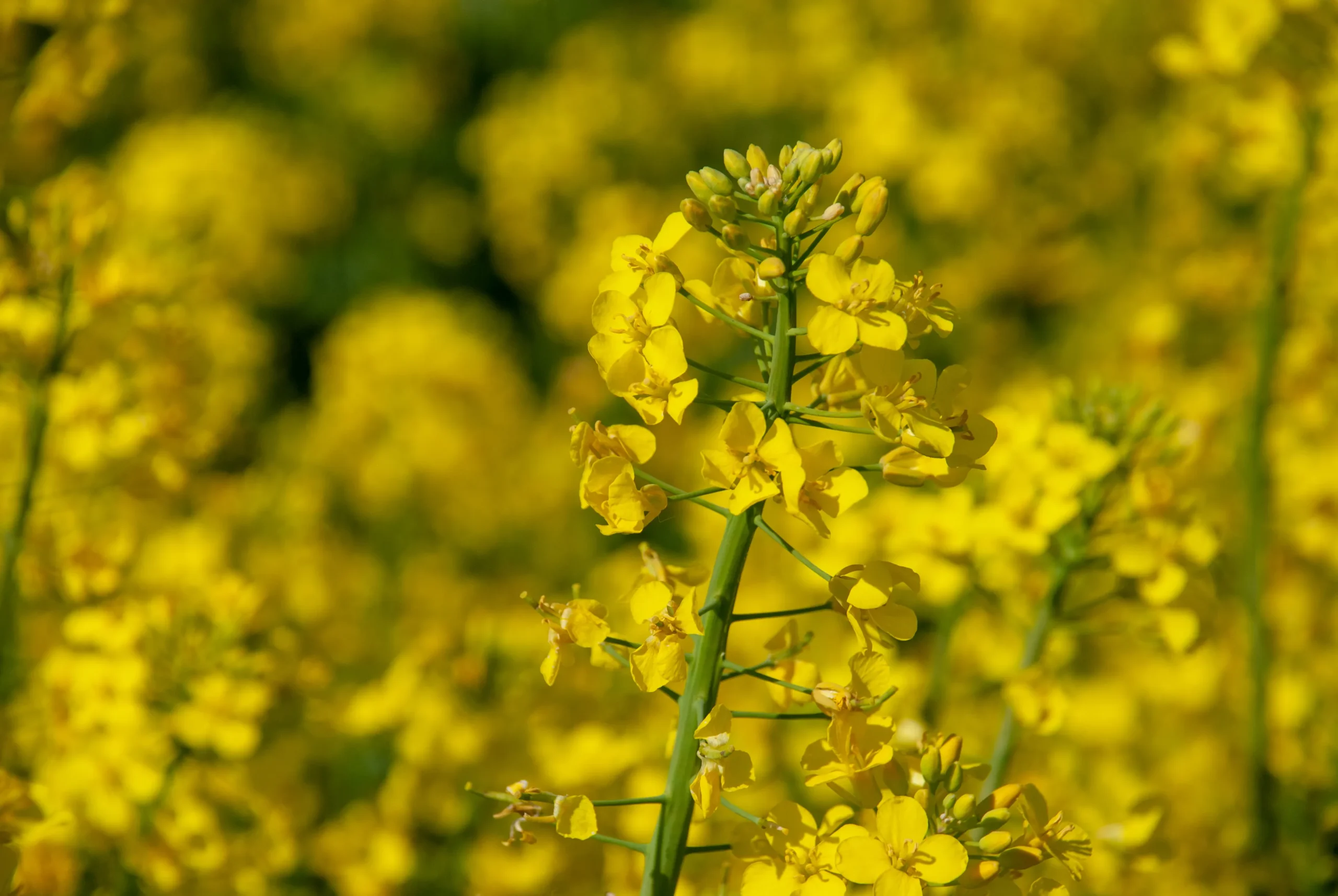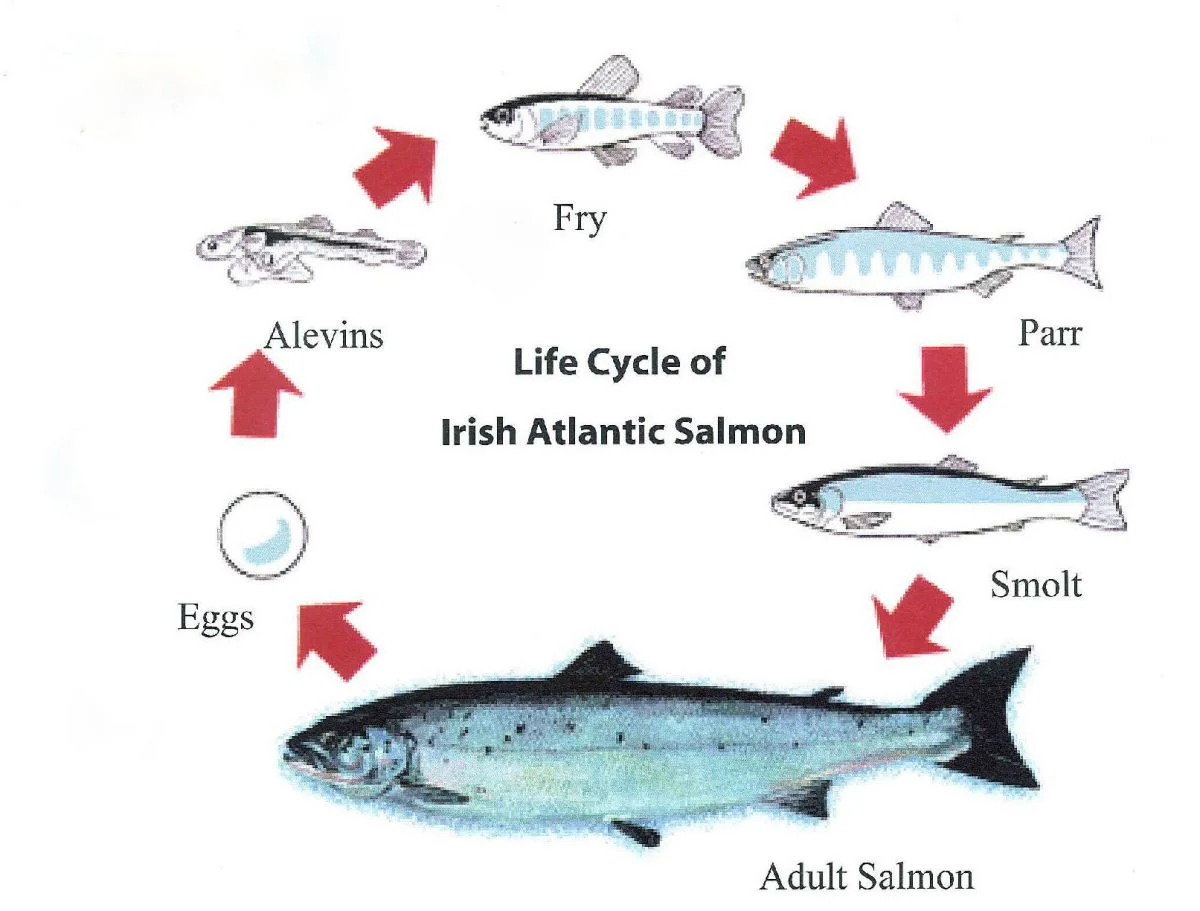- Faith is like a mustard seed, minuscule but capable of transformation and abundance.
- Faith means placing our confidence in God’s power to enable us to act on God’s behalf.
- Humility is an essential virtue in Christian discipleship.
- The mustard seed is a metaphor for faith. Mustard is a versatile and resilient crop with many benefits.
- The mustard as a resilient crop that can adapt to different climates and soil conditions.
- There are multiple different health benefits of mustard seeds.
- Mustard seed mealis an effective pesticide against mosquitoes.
- Through the lens of faith, we recognize the miraculous acts of God in nature and natural occurrences which can sustain our trust in God.
- The placebo effect occurs when an individual experiences an improvement in their mental or physical health after taking a placebo (sham drug or medical
intervention). The improvement is caused by the patient’s belief in the benefits of the treatment that stimulates the healing process. - Twice every year, the sea of Jindo in South Korea parts like the Red Sea in the book of Exodus. This natural phenomenon is a result of tidal harmonics. During
this time, locals gather to walk along the exposed ocean floor. - Sherpas are an ethnic group from the Himalayan region. Their bodies are built differently compared to their lowlander counterparts. They possess superhuman energy efficiency that makes them capable of thriving at high
altitudes. For this reason, many Sherpas work as guides for expeditions on Mount Everest.
- The placebo effect occurs when an individual experiences an improvement in their mental or physical health after taking a placebo (sham drug or medical
- Humility is a focal trait in being a follower of Christ. Humility can be exhibited in physical postures and mental disposition.
- In some cultures, bowing is a sign of humility and respect. Bowing is perceived as an act of politeness and submissiveness. It increases subjective facial
attractiveness. - Intellectual humility is acknowledging the limits of our knowledge and being open to new information. Intellectually humble people are more likely to be curious, liked as leaders, and tend to make more informed and thorough decisions.
- In some cultures, bowing is a sign of humility and respect. Bowing is perceived as an act of politeness and submissiveness. It increases subjective facial
Homily Outline Combining Resources
- Scientific explanation
- Mustard is a resilient crop that can withstand various climates and soil conditions. Black mustard can survive in both sandy and clay soil types. Indian mustard, on the other hand, can adapt to a wide range of climates. Moreover, mustard’s deep root system helps mitigate soil-borne pathogens
- Mustard seeds contain glucosinolates and omega-3 fatty acids. Glucosinolates have antimicrobial, analgesic, and anticancer properties. Omega-3 fatty acids are associated with improvements in sleep disorders, anxiety, cerebrovascular disease, neurodegenerative disease, hypercholesterolemia, and diabetes.
- Mustard seed meal (a byproduct of mustard seed oil extraction) is a potent agent against mosquitoes. Glucosinolates in mustard seeds are converted into isothiocyanates, which can kill mosquitoes.
- Growth and Transformation
- The growth, versatility, and resilience of the mustard plant is a metaphor for faith.
- In the Gospel, the apostles pleaded with Jesus, “Increase our faith!” He responds with a striking image:
“If you have faith the size of a mustard seed, you would say to this mulberry tree ‘Be uprooted and planted in the sea,’ and it would obey you.” - Jesus’ message describes the mustard seed—our faith—as a paradox. The mustard seed is minuscule—nearly invisible—but capable of transformation and abundance.
- Like any seed, it must be watered, exposed to light, and planted in rich soil. It does not grow instantly. Similarly, our faith grows immensely with time, care, and trust in the One who planted it.
Denise Levertov’s poem “On the Parables of the Mustard Seed” penetrates the mystery of faith like a mustard seed:
Who ever saw the mustard-plant,
wayside weed or tended crop,
grow tall as a shrub, let alone a tree, a treeful
of shade and nests and songs?
Acres of yellow,
not a bird of the air in sight.
No, He who knew
the west wind brings
the rain, the south wind
thunder, who walked the field-paths
running His hand along wheatstems to glean
those intimate milky kernels, good
to break on the tongue,
was talking of miracle, the seed
within us, so small
we take it for worthless, a mustard-seed, dust,
nothing.
Glib generations mistake
the metaphor, not looking at fields and trees,
not noticing paradox. Mountains
remain unmoved.
Faith is rare, He must have been saying,
prodigious, unique —
one infinitesimal grain divided
like loaves and fishes,
as if from a mustard-seed
a great shade-tree grew. That rare,
that strange: the kingdom
a tree. The soul
a bird. A great concourse of birds
at home there, wings among yellow flowers.
The waiting
kingdom of faith, the seed
waiting to be sown
- The mustard seed is an affirmation of the work of God within us. God works within us—patiently, gently, and powerfully—like a farmer who awaits us to bear fruit.
- It also represents us as individuals constantly growing and changing through God’s grace. We also have to be patient with ourselves despite our shortcomings.
- The Gospel for today reminds us that faith grows over time. God sees this growth as a beautiful process that calls for patience. In the same spirit, we are called to recognize that others, too, are on their journeys of growth—both in faith and character. Some may be further along, while others are just beginning.
- Being patient with them and respecting the natural pace of their growth are acts of kindness that can help nurture their confidence and support their development. We can do this by commending their effort, acknowledging their progress, teaching them without judgment, or giving them moral support.
Related Homily Outlines
Couldn’t find what you’re looking for?
Try searching with another filter

Preaching with Sciences

Edward Foley, Capuchin
Duns Scotus Professor Emeritus of Spirituality
Professor of Liturgy and Music (retired)
Catholic Theological Union
Vice-Postulator, Cause of Blessed Solanus








